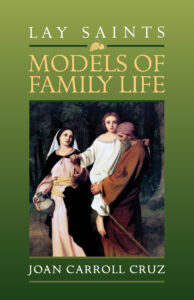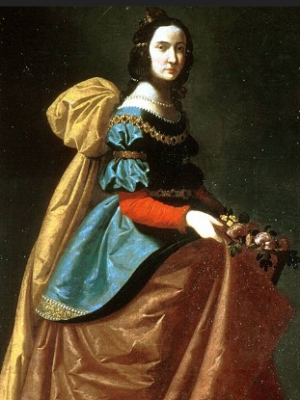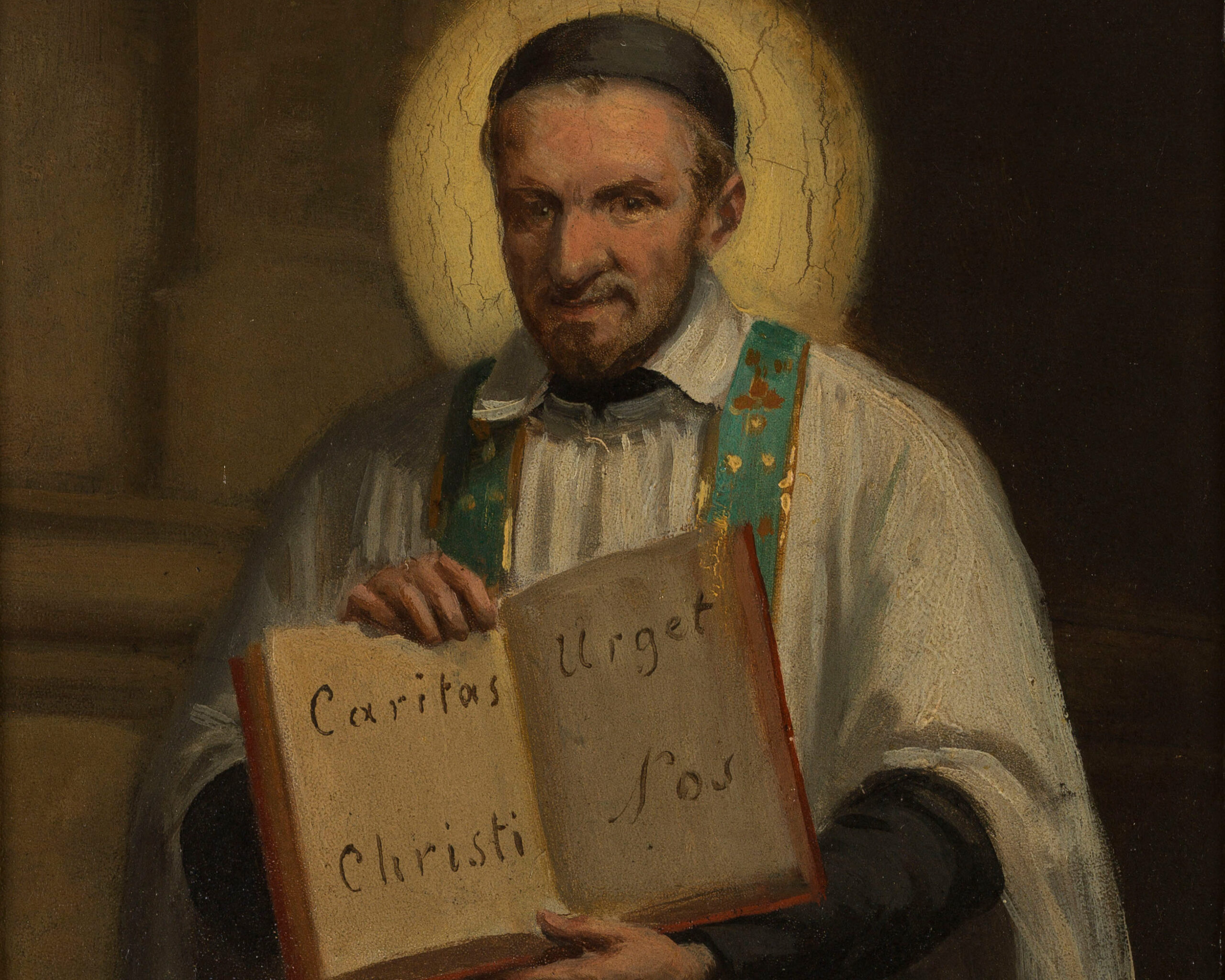Saint Elizabeth, Queen of Portugal (1271-1336)
Elizabeth (or Isabel) was born in 1271 to Peter III, King of Aragon, Spain, and Constantia, daughter of Manfred, King of Sicily. Her grandfather was Emperor Frederick II; her great-aunt was none other than the great St. Elizabeth of Hungary, who had been canonized by Pope Gregory IX in 1235, only thirty-five years before the birth of her namesake.
The young princess was of a sweet disposition, and from her early years, she was attracted to prayer and virtue. At the age of eight, she began to fast and to practice self-denial, although those who cared for her cautioned against such practices for fear that her health would be jeopardized.
At the tender age of twelve she was married to Denis, King of Portugal, who admired her beauty and personality. Although he did not feel inclined to imitate Elizabeth’s devotions, he allowed her full liberty to spend her time and income as she pleased. Given this freedom, she arranged her time with great care and rarely interrupted her schedule except for extraordinary reasons. She rose very early every morning and recited Matins, Lauds, and Prime before she attended Holy Mass. Certain hours during the day were allotted to her domestic affairs, public business and charities. In the afternoon she again spent time in prayer before the recitation of Vespers. Her food was simple, her dress was modest, and her conversation was humble and pleasant.
Whether Denis lost interest in his wife because of her multiple devotions and works of charity, or whether he would have turned away from her regardless, we do not know for certain. But we are informed that while he was a good ruler and was devoted to his realm, in private he was selfish, sinful, and dissolute.
The saint tried every means to reclaim her husband and she grieved deeply for the scandal that he gave to the people. She never ceased praying for him or asking the prayers of others for his conversion. She showed great courtesy and patience during this trial and lovingly cared for Denis’ illegitimate children, providing for their present and future welfare. When the ladies of the court reproached her for treating her husband’s faults too leniently, the saint replied, “If the King sins, am I to lose patience and thus add my transgressions to his? I love better to confide my sorrows to God and His holy saints and to strive to win back my husband by gentleness.”
A story is told of an incident which, if it actually happened, probably contributed to the King’s conversion. The Queen had a page who faithfully and secretly distributed her donations to the poor when she was unable to do so herself. Another page, envious that he was not given this assignment, reported to the King that the Queen had an excessive fondness for this fellow page and that he performed secret functions for her.
Denis believed the report, and because of his jealousy, arranged with the lime-burner that on a certain day he should throw into the kiln the first page who should arrive with a royal message. On the day appointed, Denis sent the Queen’s page to the lime-kiln, but when the page passed a church, he stopped to attend Holy Mass, as was his custom. This delay saved him. The King then sent the informer to verify the outcome of the plan. He arrived first and was burned to death. The Queen’s page, after finishing his prayers, passed the lime-kiln and brought back word to the King that his order had been fulfilled. The King saw in this twist of events that God, because of the Holy Mass, had vindicated the honor of the Queen.
St. Elizabeth had two children, Alfonso, who afterward succeeded his father, and a daughter, Constantia. Alfonso showed a very rebellious spirit when he grew up, due in part to the favor in which his father held his illegitimate sons. In 1323, Alfonso declared war against his illegitimate brothers and the King. Queen Elizabeth re-established peace and a reconciliation after finding it necessary to ride out on horseback between the opposing forces. Pope John XXII wrote in praise of her efforts, but many suggested to the King that Elizabeth secretly favored her own son, and for a time she was banished from the court.
When Denis became seriously ill, Elizabeth never left him except for her attendance at church services. She served and attended him with great patience and devotion during his long and tedious illness and had many Masses offered for his complete repentance. The Queen’s prayers were answered when Denis expressed sincere sorrow for the errors of his life and died a holy death.
This article is taken from a chapter in Lay Saints: Models of Family Life by Joan Carroll Cruz, which is available from TAN Books.









